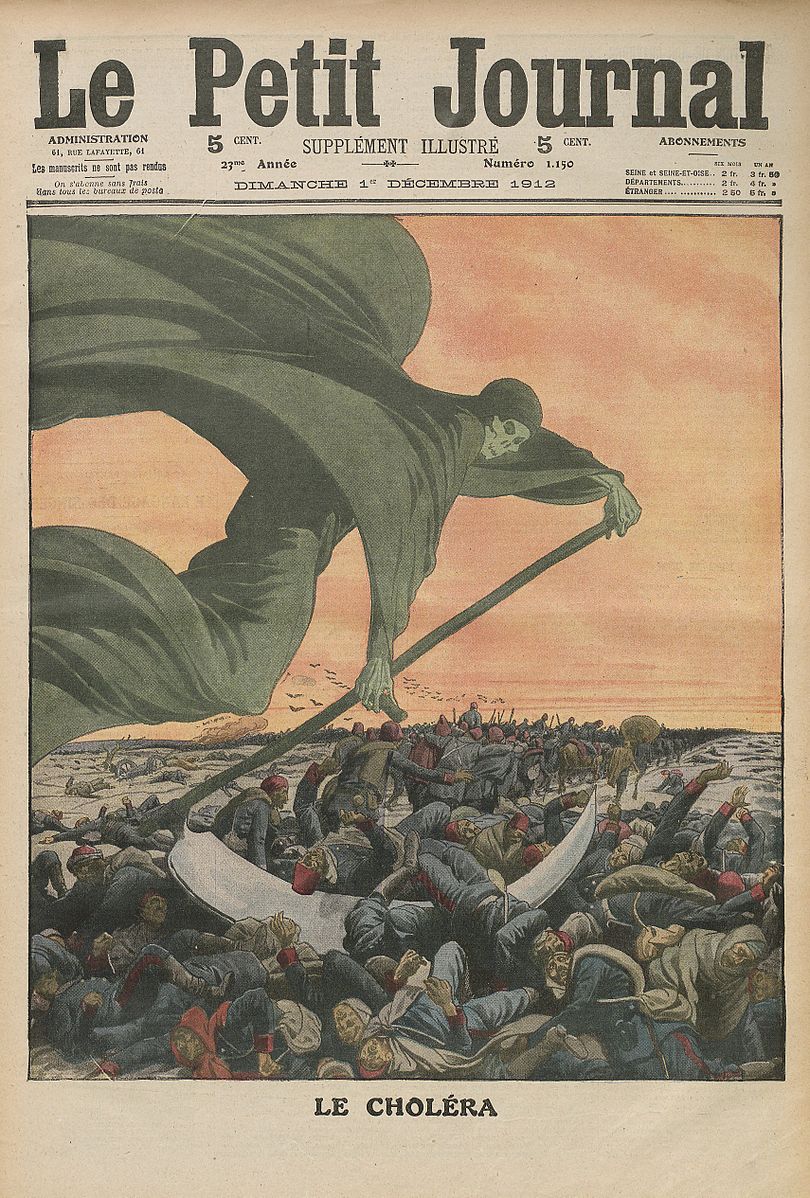#epitwitter #BodnarTwitterTakeover i've had a few requests to tweet on 'How to Say No." lots of people have published smart pieces on this. doing a google or a twitter search on 'saying no in academia' will help! but i'm happy to share a few things and take any questions! 1/
first, i've gotten undeserved credit for the idea of establishing a No Committee. it was originally written about by Professor Vilna Bashi Treitler at Baruch College and CUNY. i started my own No Committee after someone pointed me to her blog years ago 2/
tinyurl.com/y242d4sj
tinyurl.com/y242d4sj
we all have had the experience of saying yes to what seem at the time like great opportunities and then realizing that we have WAY too much on our plates and becoming super overwhelmed. 3/
to know what to say yes or no to, we have to learn set priorities and keep them (hello boundaries from my last tweet thread below). but let's be honest, we can be pretty unreliable to say yes only to the best opportunities for our careers. 4/
https://twitter.com/societyforepi/status/1308756956690120705?s=20
we often don't really know what are the opportunities to pass on, simply bc we don't have the career experience. i have been 100% guilty of this! a No Committee often helps. 5/
#epitwitter #BodnarTwitterTakeover
#epitwitter #BodnarTwitterTakeover
Prof Bashi Treitler's No Committee composition: a group of 3 people who cares about you, who understands quirks of the academy, and who can keep confidences. you should tell these people your priorities in life and career first and foremost! 6/
when i was an assistant prof, my No Committee consisted of a mentor, a colleague & friend, and my partner. these were people who knew what i wanted in life (bc i told them!). i didn't really trust myself to set the right limits, so i emailed them a LOT. 7/
i knew that this was working for me bc at an annual eval years later, my chair said, "you are saying yes to all the right things." maybe the biggest achievement of my career :) 8/
my No Committee has shifted as my career has progressed and i now know more people. i reach out to different people with different requests. for small-ish department/school stuff, i often seek people who know the local players 9/
for broader/big opportunities, i reach out to a ever-changing group of successful, very kind people whose career goals align with mine. for me, that is ambitious people who seek a balance in work and life. i reach out to each separately, but you can reach out to the group. 10/
No Committee members often don't give you a Yes or a No. they will ask you Q's to get you thinking. What other projects do you have going on? If you take on this, what will you have to drop? how long is the commitment? do you see this as part of your long-term career goals? 11/
we talk through these questions together. after these conversations, the No Committee members may offer opposing advice. that's ok. it is your job to weigh their advice and decide what's best for YOU. no one else knows what you want other than you! this won't offend them! 12/
sometimes, i get advice that all points to saying no, and in the end, i decide i'm going to say yes. but even in those cases, the No Committee was always helpful in talking me through things that i hadn't considered. 13/
also, what you say no to will change as your career advances. e.g., i was asked to be on a nat'l committee as an assistant prof. everyone i asked about this said heck yeah, you should say yes. this is huge for your career. so, i said yes and it was a great experience. 14/
fast forward 10y. i was asked to be on the same nat'l org's committee on a topic a bit outside of my research focus. first, my No Committee members all suggest i get more information before deciding (so smart!) 15/
one person on my No Cmtte gave me a very firm "i would not say yes to this if i were you." their points were all well-taken. in the end, i decided to say yes. i served on this committee and it was awesome. i was lucky though b/c that's not always the case! but live and learn 16/
another ex. i agreed to write a book chapter as an assist professor and it was a miserable experience. i vowed to always say no in the future. my focus needed to be on original research. but i was asked again for another text and after a lot of thought i said yes. why? 17/
i realized that this text was the most reputable text in the field of ob/gyn. i wanted to be known as the expert in this topic among the clinicians who relied on this text. was it the most awesome experience? no, but it met my goals and i'm happy i said yes. 18/
so, these are just some thoughts on saying no. please tell me where you disagree or agree. what is your experience w saying no? do you have a No Committee? what questions remain that i may be able to help answer?
#BodnarTwitterTakeover #epitwitter
#BodnarTwitterTakeover #epitwitter
lastly, a plug for episode 102 of @ShinyEpiPeople, where my no committee member, the brilliant @P_Gordon_Larsen, talks about her approach to saying no. she's the best!
https://twitter.com/ShinyEpiPeople/status/1294972705343770624?s=20
• • •
Missing some Tweet in this thread? You can try to
force a refresh





